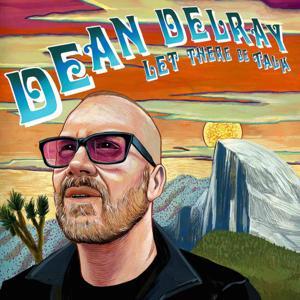Grace Bowers just released her debut record, 2024’s Wine on Venus, with her band the Hodge Podge, but she’s already one the most well-known young guitarists in America. On this episode of Wong Notes, Bowers talks through the ups, downs, and detours of her whirlwind career.
Bowers started out livestreaming performances on Reddit at age 13, and came into the public eye as a performer on social media, so she’s well acquainted with the limits and benefits of being an “Instagram guitarist.” She and Cory talk about session work in Nashville (Bowers loathes it), her live performance rig, and Eddie Hazel’s influence.
Bowers plugs the importance of networking as a young musician: If you want gigs, you gotta go to gigs, and make acquaintances. But none of that elbow-rubbing will matter unless you’re solid on you’re instrument. “No one’s gonna hire you if you’re ass,” says Bowers. “Practice is important.”
Tune in to learn why Bowers is ready to move on from Wine on Venus, her takes on Nashville versus California, and why she hates “the blues-rock label.”
Get 30% off your first year of DistroKid by going here: http://distrokid.com/vip/corywong
Visit Grace Bowers: https://www.gracebowers.com/
Hit us up: [email protected]
Visit Cory: https://www.corywongmusic.com
Visit Premier Guitar: http://premierguitar.com
IG: https://www.instagram.com/wongnotespod
Produced by Jason Shadrick and Cory Wong
Additional Editing by Shawn Persinger
Presented by DistroKid




































